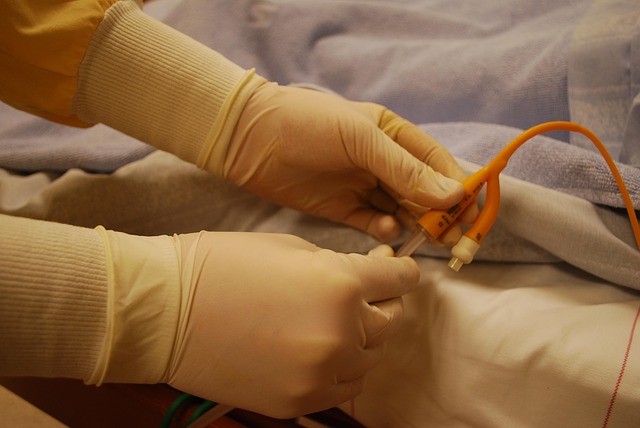Understanding Crohn's Disease Treatment: Options for Managing Inflammation and Symptoms
Crohn's disease is a chronic inflammatory bowel disease that affects the digestive tract, causing a range of symptoms that can significantly impact a person's quality of life. While there is no cure for Crohn's disease, various treatment options are available to manage inflammation, relieve symptoms, and improve overall well-being. This article explores the different approaches to treating Crohn's disease, including medical interventions, lifestyle changes, and considerations for specific populations such as women and pregnant individuals.

What dietary and lifestyle changes can help manage Crohn’s disease?
While there is no one-size-fits-all diet for Crohn’s disease, certain dietary modifications can help manage symptoms and reduce inflammation. Many patients find relief by avoiding trigger foods, such as dairy products, high-fiber foods, and spicy or fatty foods. A low-residue diet may be recommended during flare-ups to reduce bowel movements and ease digestive discomfort. Some individuals benefit from following specific diets like the Specific Carbohydrate Diet or the Mediterranean Diet. Lifestyle changes, including stress management techniques, regular exercise, and adequate sleep, can also contribute to better disease control and overall well-being.
How does Crohn’s disease treatment differ for women, especially during pregnancy?
Women with Crohn’s disease may face unique challenges, particularly during pregnancy. Treatment approaches need to be tailored to ensure the health of both the mother and the developing fetus. Many medications used to treat Crohn’s disease are considered safe during pregnancy, but some may need to be adjusted or discontinued. For instance, methotrexate is contraindicated during pregnancy due to its potential to cause birth defects. Biologic therapies are generally considered safe, but the timing of doses may need to be adjusted as pregnancy progresses. Women with Crohn’s disease should work closely with their gastroenterologist and obstetrician to develop a comprehensive treatment plan that balances disease control with pregnancy safety.
What surgical options are available for treating Crohn’s disease?
While medical management is the primary approach for Crohn’s disease, surgery may be necessary in certain situations. Surgical interventions can help address complications such as strictures, fistulas, or abscesses that do not respond to medication. Common procedures include strictureplasty to widen narrowed sections of the intestine, bowel resection to remove damaged portions, and fistula repair. In some cases, a temporary or permanent ostomy may be required. It’s important to note that surgery is not a cure for Crohn’s disease, and ongoing medical treatment is typically necessary to prevent recurrence and manage symptoms post-operatively.
How can complementary and alternative therapies support Crohn’s disease treatment?
While conventional medical treatments form the cornerstone of Crohn’s disease management, some patients find additional relief through complementary and alternative therapies. Probiotics may help restore beneficial gut bacteria and reduce inflammation. Herbal supplements like turmeric and boswellia have shown anti-inflammatory properties in some studies. Acupuncture and mind-body techniques such as meditation and yoga can help manage stress and improve overall well-being. However, it’s crucial to discuss any complementary therapies with a healthcare provider before incorporating them into a treatment plan, as some may interact with medications or pose risks for certain individuals.
What are the latest advancements in Crohn’s disease treatment?
Research in Crohn’s disease treatment continues to evolve, offering new hope for patients. Recent advancements include the development of novel biologic therapies targeting different inflammatory pathways, such as IL-23 inhibitors and JAK inhibitors. Stem cell therapy, particularly for complex perianal fistulas, has shown promising results in clinical trials. Personalized medicine approaches, including genetic testing to predict treatment response and tailored dietary interventions based on individual microbiome profiles, are emerging areas of study. Additionally, new drug delivery methods, such as oral formulations of biologics, are being explored to improve treatment convenience and effectiveness.
In conclusion, Crohn’s disease treatment involves a multifaceted approach combining medical interventions, lifestyle modifications, and sometimes surgical procedures. The goal is to control inflammation, manage symptoms, and improve quality of life. As research progresses, new treatment options continue to emerge, offering hope for better disease management and outcomes for individuals living with Crohn’s disease.
This article is for informational purposes only and should not be considered medical advice. Please consult a qualified healthcare professional for personalized guidance and treatment.






